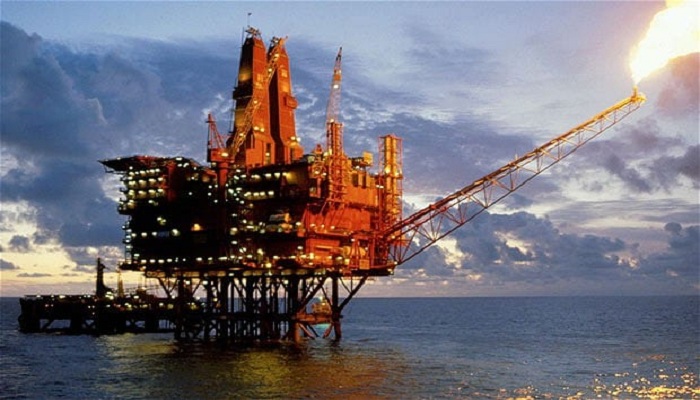The petroleum industry received a new boost recently as the Federal Government reduced the cost of obtaining a refinery license from $1,000,000(one million dollars) to $150,000 (one hundred and fifty thousand dollars) among other things.
This move already applauded across board by stakeholders in the petroleum industry and the population at large is undoubtly a move in the right direction. Although crude oil is fast becoming an uncommon option in energy generation, its use in a country like Nigeria cannot be over-emphasized especially in the downstream sector and also putting into consideration the level of existing technology and the institutional framework of the economic policies prevailing for the time being, crude oil still remains our go-to for revenue generation and the primary source of energy generation.
This move is expected to increase foreign direct investment in the country which will in turn have a positive impact on the economy in terms of wealth creation, job opportunities as well as technology transfer. Also, locally, it affords SMES the opportunity to participate in the petroleum sector without recourse to having to raise such a huge amount of capital for setting up refineries
However, of great importance to this move is the potential of having more modular refining activities in Nigeria. Modular refineries are basically mini refineries with a reduced specified output level compared to full blown refineries with the capacity to produce diverse finished petroleum products with an increased output quantity. The main features of these mini refineries is their portability, specified output and the reduced cost of setting them up. So in essence an investor can set up a modular refinery that produces diesel and kerosene at a reduced cost price and the refinery can be easily set up and packed after use. The impact on the environment is also considered as it doesn’t create more pollution and environmental degradation like the conventional refineries.
Modular refineries also reduce the cost of logistics in transporting finished products as the output is lower compared to conventional refineries where more is spent on storage and transportation. Due to the lower output of modular refineries, their final products may not require long term storage as they can be directly put in tankers or pipelines for onward distribution to retail outlets.
So picture this, if there is a deposit of crude oil situated in Kogi State, ABC Petroleum Ltd can be given a license to set up a refinery which in this case would be a mini refinery to produce kerosene and diesel and fuel oil from the extracted crude oil. This refinery can be set up under three months and its products are readily available and loaded unto tankers or distributed for retail sales and when the crude oil deposit has been exhausted, the mini refinery can be packed up like it never existed!
The economic importance of modular refining is boundless and can only leave room for imagination. By having a reduced capital requirement, SMEs are encouraged to participate thereby increasing local participation in the petroleum industry. Also where there is reduction in the cost of producing the final output, the pump prices of petroleum products will invariably drop given uninterrupted market forces and maybe petroleum products scarcity will finally become a thing of the past in Nigeria.











